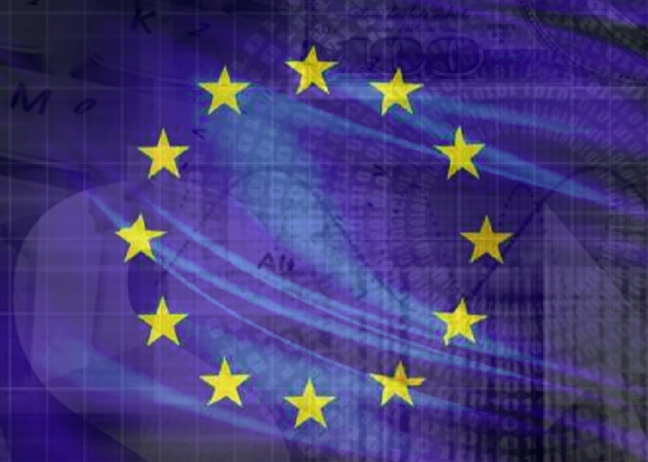AIFMD: EU HEDGE FUND REGULATION
The EUs Alternative Investment Fund Managers Directive (AIFMD), which became effective at the state level in July 2013, has had a significant impact on the management of Alternative Investment Funds (AIFs)hedge funds, private equity funds and REITsmarketed in Europe. AIFMDs rules for the operation and transparency of AIFs have created a new regulatory regime largely based on Europes existing Undertakings for Collective Investment in Transferable Securities (UCITS) directives, which regulate European mutual funds. However, unlike other regulatory frameworks that address the authorization and operation of the fund itself, AIFMD is directed toward the fund managers who are now held to account for compliance, hence the wording Managers Directive.
Defining AIFs
AIFMD broadly defines an AIF as basically any investment fund that does not fall under the UCITS mutual fund classification. More specifically, the definition includes any collective investment undertaking which raises capital from a number of investors, with a view to investing it in accordance with a defined investment policy for the benefit of those investors. The fund may be open-ended or closed-ended and structured in the form of any legal entity. Notably exempted from the AIF definition are holding companies, joint ventures, securitization special purpose entities, pension funds, certain other funds related to ones employment, and family funds.
Identifying an AIFM
The AIF Manager (AIFM) is identified in the directive according to the core functions he or she or it– carries out. Those core activities are comprised of portfolio management and risk management. Depending upon legal format, if an AIF is internally managed then the entity may be considered the authorized AIFM. Alternatively, an external AIFM can be appointed by the fund. In addition to the core activities, an external AIFM may be licensed by a member state to provide additional investment services such as discretionary portfolio management, the rendering of investment advice, and administration of fund units.
Cross-Border Marketing
While the restrictive measures of AIFMD require leverage limits, risk profiles, and liquidity ratios, the flip side of the regulatory framework is that member states will be allowed to market and manage a state-authorized fund anywhere in the EU. What is important for U.S.-based hedge fund managers to be mindful of is that fund managers based outside the EU who manage and/or market funds in the EU are also subject to the impact of AIFMD and will need to adapt their overseas marketing and operational activities accordingly.
As of 2015, AIFMD allows for the licensing of non-EU AIFMDs pursuant to the Management and Marketing Passports. The applicant must submit an application to an EU Member State of Reference (MSR) and, once approved, will enjoy the same AIFM benefits and regulation as an EU-based AIFM.
David draws on 20+ years’ experience in both legal practice and in business services delivery since his own call to the Bar in 1989. With several years in the startup environment, including as a co-founder in the legal tech space specifically, he brings a unique and timely perspective on the role of data, automation and artificial intelligence in the modern and efficient delivery of services for legal consumers. Having been both a corporate buyer of legal services and a services provider, he identifies the greater efficiency and value that can be achieved in legal operations for corporate buyers especially.
An attorney, David worked for law firms Pinsent Masons and Linklaters in London before moving to New York to join Credit Suisse. As CAO, he helped negotiate & execute the relocation of Credit Suisse into its new NYC global HQ. Subsequently, David directed major global outsourcing, shared sourcing, HR operations & process efficiency initiatives including the digitization of records, the global roll-out of PeopleSoft HRMS & Y2K. David has worked extensively in the UK, US, Philippines, India and China markets in the areas of data management, human resources and business process outsourcing.
Most recently, David has been successfully investing in and serving as an advisory board member of several legal services start-ups including a cloud-based solution for legal process automation and e-filing; and a technology solution for large-scale capture of court and other public data used for litigation analysis, among others.
David graduated from the University of Manchester with Honors in Law and Bar School (College of Legal Education) in London, and has been a member of Middle Temple since 1989. He is the founder and former Chairman of The Global Sourcing Council.
Member: Bar of England & Wales, ABA, NYCBA, ACC, DRI




































